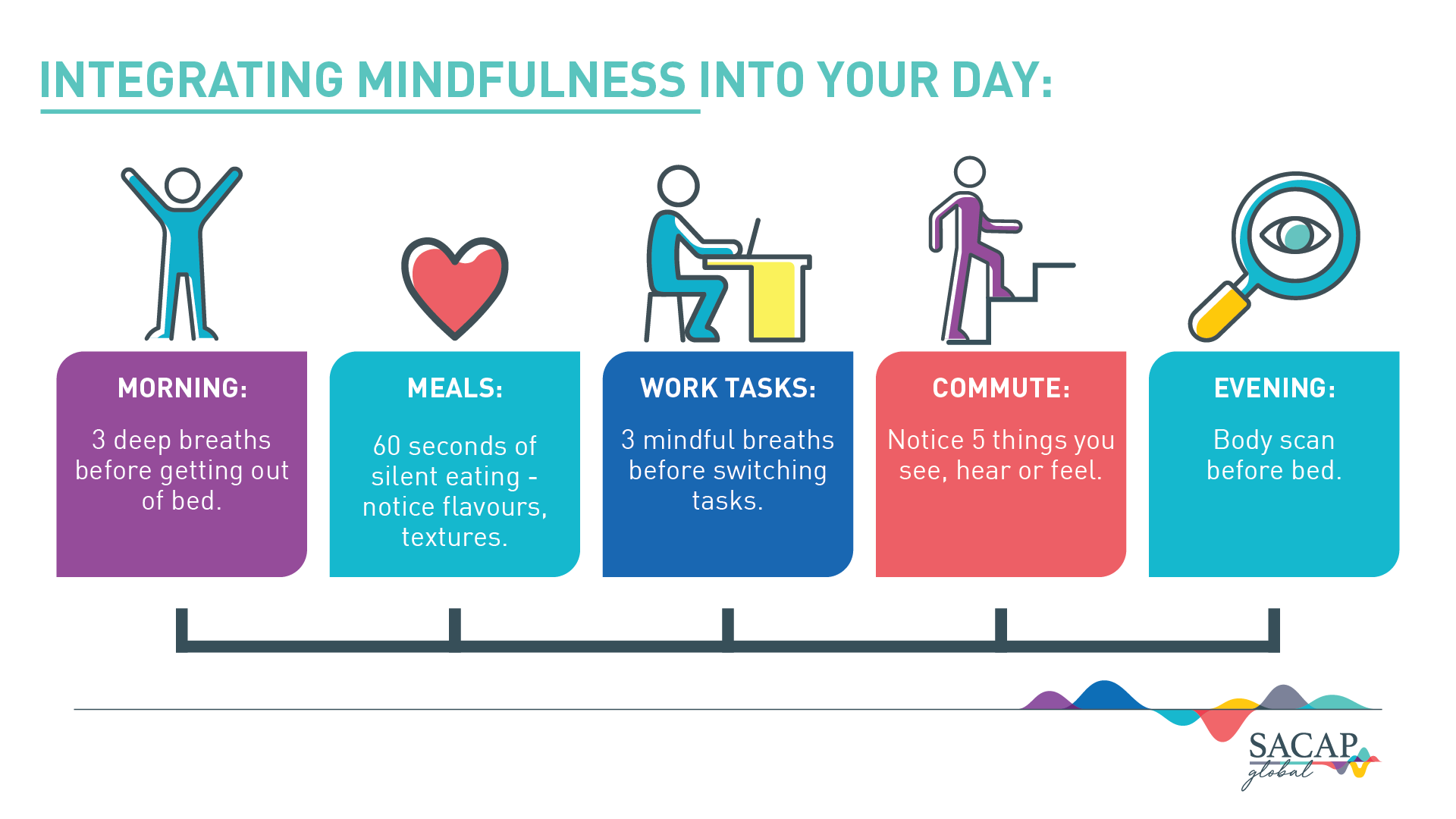How to overcome stress is a skill that’s becoming increasingly important to master. While stress has always been part life, there are modern factors that are escalating stress levels in newer ways. Causes of stress include an “Always-On” culture where technology ensures that we’re constantly connected to media streams and other people. Economic uncertainty is another contributing stress factor, specifically stressful for many people are the rising cost of living and job insecurity. Another contribution to increased stress levels is the rapid and constantly changing pace of life. Finally, a lack of resilience means that for many managing chronic stress is more difficult than it could be.
Resilience is that ineffable quality that allows some to bounce back stronger when knocked down by life. It’s key when looking at how to overcome stress because resilience helps determine how successfully you can ride the waves of adversity.
Why is it that some people can handle incredible amounts of stress, while others burnout? Psycologists have identified some of the factors that build resilience.
What is Stress?
Depending on the type of stress, stress can have a positive or a negative effect in our lives. There are 4 different types of stress. The first is acute stress which is short-term and linked to everyday life. Secondly, there is chronic stress which stems from traumatic events or strain that seems to be inescapable and never ending. The third type of stress is episodic acute stress which creates a cycle of ongoing stress that has us running pillar-to-post.
While the first three types of stress tend to be more negatively inclined, eustress is a positive type of stress. Eustress spurs us on to meet deadlines, achieve goals and jump into new experiences. Stress symptoms can manifest across all different areas of our lives impacting both our mental and physical health. There are common signs of being stressed, but their combinations and cumulative impact can vary from person to person.
5 Common Signs of Stress
- Physiological: Increased blood pressure, muscle tensions, headaches, decreased immunity, digestive issues and weight gain.
- Emotional: Inability to regulate emotions leading to outbursts, mood swings, irritability and temper tantrums.
- Psychologically: Elevation of anxiety, depression, panic attacks , inability to focus and memory problems.
- Behaviourally: Social avoidance and withdrawal from previously enjoyed activities, dependency on illegal or harmful substance.
- Hormonally: Cortisol increases that negatively impacts brain functions, immune responses and changes metabolism.
Scientists have also found that stress can have long-term health risks. For example, it can accelerate aging, cause reproductive issues and increase the risk of chronic illnesses.
How to Build Resilience
Being resilient is about shifting our perceptions, changing our responses and learning something new. Consequently, resilience involves building a set of personal strengths. The intention of which is to help us not only cope but thrive across all areas of our lives. Accordingly, handling stress well can be a conscious decision where the reward is that we able to “bounce back” more easily and quicker. A starting point to building great resilience that combats stress and anxiety is understanding what stress is.
6 Key Ways to Build Resilience
Being able to build your resilience is great news because it means it’s possible be better at stress management and decreasing anxiety levels.
Resilience is something that you can foster and then strengthen at any point in your life. There are multiple ways to do it. And most of them you can don’t need to wait to implement.
- Practice mindfulness.
- Live in the moment.
- Be wholehearted.
- Practice gratitude.
- Find a coach.
- Register for a course.
1. Practice mindfulness
Mindfulness is a valuable in assisting use to better handle life withing a stressful world. This is because practising mindfulness teaches us that worrying thoughts cause a great deal of our suffering. It assists us to practice self-compassion and be more conscious and intentional in our choices and actions.
Practising mindfulness also helps us decouple emotional stress from worrying. This is because mindfulness is a tool for re-contextualising and reframing experiences. Being able to do this fosters a better sense of levity and calm. This helps us buffer against emotional exhaustion which allows us to approach a challenge more rationally. Consequently, we are more likely to be able to find solutions to problems and successfully navigate stressful situations. Overall, mindfulness can boost our happiness and all-round wellbeing. Mindfulness also leads us to broaden and build several inner resources that help us to strengthen resilience. These include compassion, acceptance, openness and creativity.
“Mindfulness is about resetting your mind.”
Being able to cognitively reframe is important because true balance is not about finding stability nor even creating balance in equal measures. Instead, life balance means creating harmony though proactively creating what works for us and applying agile thinking so we can successfully adapt.

2. Live in the moment
Throughout history there’s evidence that the world around us is constantly evolving. Today, thanks to technology, we live in a flux driven by rapid change. The consequence of this shifting landscape is that uncertain, ambiguous and inconsistency is almost to be expected. When things are unpredictable, it becomes important to resist the need to impose order and control. Instead, we need to develop a reflective process and bring ourselves back to where we presently are.
What pulls us out of the present are our thoughts. They drag us into the past or they haul us into a future. The result is that we lose our connection with the present and what’s currently happening around us. Living in the moment requires us to bring ourselves into our current reality and then to be reflective instead of judgemental. A better self-awareness offers us an opportunity to explore how we show up in the world. When we can do this, we become more comfortable with uncertainty. This enables us to thrive in ambiguity, redefine stress and step up to challenges.
3 Practical Ways to Live in the Moment
- Explore breathing exercises.
- Journal.
- Decrease screentime.
- Spend time outside in nature.
- Make time for creativity.
3. Be wholehearted
Wholeheartedness is about fully engaging in life despite the risks and lack of guarantees around us. When we’re fully engaged, we build connections, have the courage to be vulnerable and authentic while we solve a problem. This means that instead of shutting down when things get challenging, we able to continue engaging, face our pain, learn from mistakes and move forward. An end result of being wholehearted is a strengthening of our mental and emotional which bolsters resilience. Thereby we are also able to become better at overcoming stress.
4. Practice gratitude
Cultivating an attitude of gratitude boosts resilience. Being grateful means focusing on the positive things around us. It doesn’t mean being unrealistic or downplaying how tough things are. Rather it means fostering a positive mindset that then helps us cope better. It helps us focus on what we do have, rather than what is missing. By practicing gratitude, we become better at emotional regulation thereby enabling us to be more decisive and less reactive. This builds our self-esteem, which boosts our resilience while reducing our stress levels. When our wellbeing is strengthened, we are able to feel even more grateful. As a direct consequence we create a cycle that strengthens our resilience.
5. Find a coach
Having a coach can help ease your cognitive load and build resilience while that help you get ahead faster. A good life coach assists in figuring out what you want and how to best leverage your particular skills to achieve it. They do this by helping you map a way forward, using incremental milestones, and thereby reach your end goal. During your journey they provide external support, encouragement and accountability to help keep you on your intended pathway. The advantage of involving an independent person is that they can often see our blind spots better than we can. They’re also able to assist us with ways to expand the skill sets necessary to help us accomplish our goals. Furthermore, they are in a position to help keep the expectations we have of ourselves, others and situations continuously realistic.
6. Register for a short course
Building practical skills to better manage your stress is an excellent way to build resilience. The reason why doing a short course through SACAP Global can help bolster your resilience is because it will increase your awareness, help you make sense of your own stress experience and build the skills to become more resilient, reinforcing your grit.
These SACAP courses will help you build emotional resilience and better manage stress and burnout:
- Stress Management & Building Resilience
- Understanding Burnout Through the Lens of Compassion
- Managing & Preventing Anxiety
- Introducing the EmotionAid® Protocol
SACAP Global offers a range of online short courses and workshops grounded in Applied Psychology. Courses are flexible, practical and designed for personal and professional skills development. Course topics include Applied Psychology, Communication, Business Management, People Management Counselling and Coaching fields. Take a look at the online courses and register today.

